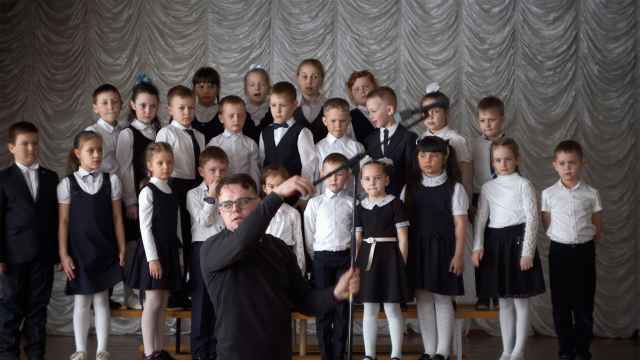The Kremlin timed the introduction of a new utilization fee on imported automobiles to coincide with Russia's accession to the World Trade Organization. The fee will give added protection to domestic auto manufacturers that are exempt from paying it in return for vague promises to recycle their own vehicles. The new fee was created to protect domestic auto makers from the greater market competition that would have resulted from the lower import duties mandated by WTO membership.
The logic of introducing the utilization fee immediately after joining the WTO is like that of a man who, feeling ill, visits a renowned physician to get the best diagnosis and prescription that money can buy, but then refuses to take the recommended medicine. Accession to the WTO enables the government to deal with lobbyists, but introducing the new fee immediately negates that advantage.
The political and economic justification for protectionism is always the same, but protectionist barriers always come at a high cost to the economy. While those losses are spread out thinly among millions of consumers, the generally minimal benefits of protectionism go to a handful of owners of noncompetitive businesses. In a few cases, some of that money goes to the employees of the protected industries.
Why did Russia join the WTO?
In a special 2010 research paper titled "Russian Trade and Foreign Direct Investment Policy at the Crossroads," Natalya Volchkova of the New Economic School and David Tarr of the World Bank estimated that Russia would gain $53 billion in the medium term and $177 billion in the long term from WTO membership.
But where do those gains come from?
About 10 percent of this windfall is expected to come from Russian exporters' improved access to international markets. The remaining 90 percent is expected to result from the government's new obligations to implement reforms and lower trade barriers.
Of course, the authorities could have done that without joining the WTO, but such measures are politically very difficult to enact. In effect, leaders can now conveniently tell lobbyists, "We'd love to help you, but, unfortunately, the WTO rules forbid it."
To some extent, accepting membership in the WTO is a symbolic gesture, but that symbolism has direct implications for Russia's economic development. Similarly, countries with developing economies try to halt inflation by linking their currency's exchange rate to that of a developed economy. (In the past, the rate was tied to the price of gold.) This practice of artificially setting the exchange rate is also a symbolic gesture, but just like WTO membership, it engenders greater confidence from other market participants.
It is more advantageous for foreign firms to do business with fellow WTO member states because they know that those governments will not buckle under pressure from domestic lobbyists seeking protectionist measures.
But by introducing the new utilization fee on imported automobiles only one week after joining the WTO, the Kremlin is sending the opposite signal to Russia's trading partners.
Konstantin Sonin is a professor and vice president of the New Economic School and a columnist for Vedomosti.
Related articles:
A Message from The Moscow Times:
Dear readers,
We are facing unprecedented challenges. Russia's Prosecutor General's Office has designated The Moscow Times as an "undesirable" organization, criminalizing our work and putting our staff at risk of prosecution. This follows our earlier unjust labeling as a "foreign agent."
These actions are direct attempts to silence independent journalism in Russia. The authorities claim our work "discredits the decisions of the Russian leadership." We see things differently: we strive to provide accurate, unbiased reporting on Russia.
We, the journalists of The Moscow Times, refuse to be silenced. But to continue our work, we need your help.
Your support, no matter how small, makes a world of difference. If you can, please support us monthly starting from just $2. It's quick to set up, and every contribution makes a significant impact.
By supporting The Moscow Times, you're defending open, independent journalism in the face of repression. Thank you for standing with us.
Remind me later.





